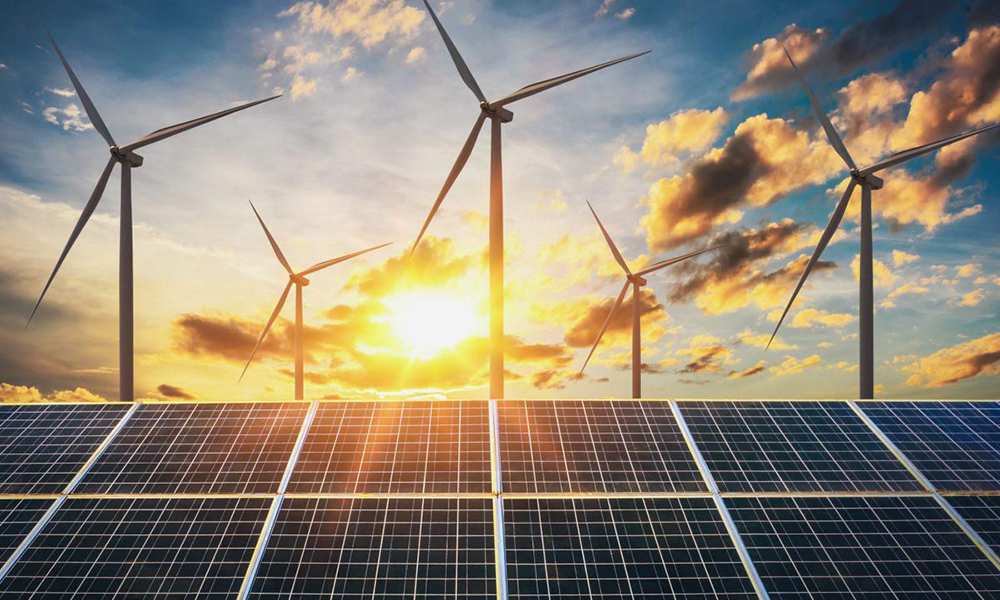The National Integrated Energy Model has been launched by the UAE Ministry of Energy and Infrastructure, in partnership with Khalifa University (KU) and the International Renewable Energy Agency (IRENA). The model is said to outline the future of Energy for the UAE and the design of the next 50 years in the energy sector, according to the vision of the future government. It is also said to represent a roadmap for a new phase of energy sector sustainability.
According to a statement, the model is important because it provides a common framework that brings together stakeholders in the energy sector. It is also said to define the contours of the future, as part of the UAE’s efforts to maximise the benefits of the sector by developing strategies and foundations during the next phase, in line with the National Energy Strategy 2050.
The strategy aims to obtain safe and sustainable energy for everyone at competitive prices, raise the efficiency of individual and institutional consumption by 40% by 2050, and increase the contribution of clean energy in the total energy mix produced in the country to 50%, the statement explained.
“The National Integrated Energy Model is a major supporter of the national energy strategy that was launched in 2017; work is currently under process on developing a national energy strategy to harmonise developments in the energy sector at local and global levels, and it takes into account the UAE’s orientation towards diversifying energy sources and developing the sector, finding various solutions in addition to traditional energy, in a way that supports sustainable development, national economies, and the country’s passage to the next 50 years of achievements, up to the UAE Centennial 2071,” said Eng. Sharif Al Olama, undersecretary of the Ministry of Energy and Infrastructure for Energy and Petroleum Affairs.
In parallel with the launch of the National Integrated Energy Model, an understanding was made to develop energy modeling capabilities with Khalifa University and IRENA, which aims to support the UAE’s approach in the sector. The partnership will benefit from the experience of IRENA and the research capabilities of Khalifa University to establish a program to support the review of the energy strategy in the United Arab Emirates, and engage strategic partners to continue developing the energy policy in the country, the statement noted.
Al Olama added, “Clean energy is an essential part of the future energy mix, which the UAE takes into account when formulating national strategies and legislations. We are sure that clean energy technologies, including hydrogen, have witnessed remarkable progress thanks to the use of modern technology, and it have become a major competitor to the traditional energy sectors.”
The UAE is a pioneer in adopting international best practices in the energy sector, along with the latest global technological developments, and it was among the first countries to adopt renewable energy as an important part of the energy mix, the statement said.
Dr. Arif Sultan Al Hammadi, executive VP at Khalifa University of Science and Technology commented, “Khalifa University is pleased to enter into this partnership with the Ministry of Energy and Infrastructure on energy modeling and energy policy research, to strengthen and contribute to the development and the support of mutual investment. This collaboration will help develop the ‘UAE Energy Model’ through the IRENA Toolkits, and capacity building in energy modeling.”
Francesco La Camera, director general of the International Renewable Energy Agency noted that an energy system based on renewable energy sources is at the core of any national commitment under the Paris Agreement on Climate Change, which in turn will support economic growth and create new job opportunities. It will also help preserve the environment, while enhancing the global trend towards climate stability and resource security, he said.

